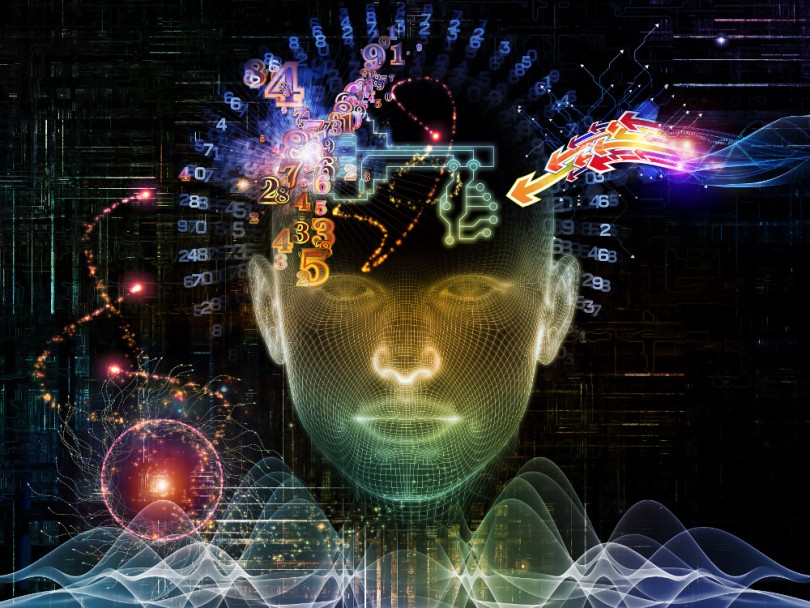aNewDomain — The FBI can’t force Apple to open a locked iPhone used by a suspected drug dealer, a Brooklyn judge ruled today.
That decision can’t be forced on the California judge now presiding over the FBI v Apple case, where the FBI is demanding that Apple help the agency break into an Apple iPhone it says a gunman at a San Bernardino mass shooting used on Dec. 2.
But Apple sure won’t.
The magistrate, you see, relied on the exact same legal argument in Brooklyn that Apple is also making in the FBI case in California. That argument holds that, because Congress previously rejected a bill that would’ve forced Apple to cooperate with federal investigations in cases like these, the government can’t turn around now and try to make it do so.
The judge also sided with Apple in its argument that forcing Apple to unlock phones is too big of a burden for Apple, the same argument it’s making in California.
Meanwhile, in California …
Apple CEO Tim Cook has argued that helping to unlock the iPhone in such cases is “bad for America.”
That’s arguable, but the fact that it’s bad for Silicon Valley seems anything but. The historic legal battle in the U.S. District Court for the Central District of California has galvanized the Silicon Valley leadership — including Microsoft, Twitter, Facebook, Dropbox, and Yahoo — in support of Apple’s arguments.
In the heated presidential race leading to Super Tuesday, the presidential candidates largely have been equivocal on the issue except Republican frontrunner Donald Trump who challenged consumers to boycott Apple and hammered the company: “Who do they think they are?” Donald Trump, who has been repeatedly photographed with his phone, a 2012-era Samsung S III, sure isn’t the technocrat.
And how bad is it, anyway, to be the focus of Trump’s boycott? As Cook has pointed out, the Trump suggestion puts Apple in “fine company,” considering the other firms Trump has bashed or boycotted in the past.
Take a look at the link above. It’s a point most Silicon Valley execs would get behind.
Picking Locks for the Government
In the California case, Apple maintains that the burden of decoding the phone violates constitutional privacy protections which should be legislated by Congress rather than governed by federal court order.
The government argues that “writing software code is not an unreasonable burden for a company that writes software code as part of its regular business.” Yet Apple counters that the company does not extract data from encrypted devices “as part of its own business or as a service for third parties” nor is it willing to carry out the government’s investigative work in this case or others to sacrifice privacy in response to a government search warrant.
In court documents filed last week Apple requested that the court overturn an order based upon the centuries-old All Writs Act wrapped in the 1789 Judiciary Act (“the Act”) compelling Apple to design a backdoor on the Apple iPhone of San Bernardino shooter Syed Rizwan Farook.
Apple FBI Supplementary Order – e.d.n.y._1-15-Mc-01902_16
The Act confers the supplemental authority of the federal courts to issue writs when appropriate to compel third parties to help execute a court order such as a search warrant as long as there is no undue burden on the affected party.
In the digital domain, the All Writs Act has been used to compel telecommunication companies to install wiretaps and disclose call records, other forms of print and electronic media, and forensic evidence, including DNA samples. U.S. Supreme Court Justice Sandra Day O’Conner has said that the Writ is “probably the most important and most satisfactory Act ever passed by Congress.”
Specifically, Apple’s court filings opposing the government rely upon three principal grounds: violation of the company’s tenuous First Amendment protection of computer code as synonymous with language, and further, as a digital form of “free speech.”
When Worlds Collide
In chilling testimony before the House Intelligence Committee, FBI Chief James Comey on Thursday claimed that this issue presents “the hardest question I’ve seen in government” to balance strong encryption technologies with the requirements of law enforcement.
Comey added that technological data are becoming so encrypted that law enforcement agents are now having difficulty legally obtaining the information they need to catch criminals, the head of the FBI warned at the Congressional hearing.
One year into his tenure as FBI chief, Comey in October 2014 remarked that “[s]ome believe that law enforcement, especially the FBI, has the ability to access phenomenal information at any time. That is the product of too much television.” Comey continued with, “Even with lawful authority, the ‘going dark’ problem is we may not be able to access the information and the data that we need.”
Back then, Comey predicted that encryption technology appearing in the newest generations of smartphones, including the Apple’s iPhone 6, may render the user’s information inaccessible to external parties — even with a valid search warrant. But insiders claim that encryption technology could well render impossible extraction of the data to anyone, including the manufacturers of the PDAs.
“This is not a case about one isolated iPhone,” wrote Apple’s attorney in the brief. “Rather, this case is about the Department of Justice and the FBI seeking through the courts a dangerous power that Congress and the American people have withheld: the ability to force companies like Apple to undermine the basic security and privacy interests of hundreds of millions of individuals around the globe.”
Perhaps destined for adjudication in a writ to the U.S. Supreme Court due to compelling constitutional issues of privacy and government powers, the implications in the high tech industry and the government military-industrial-security complex are enormous in the mass surveillance debate.
As NSA contractor turned NSA whistleblower Edward Snowden posted last week on Twitter: “This is the most important tech case in a decade.”
For aNewDomain, I’m Jim Kelly.













